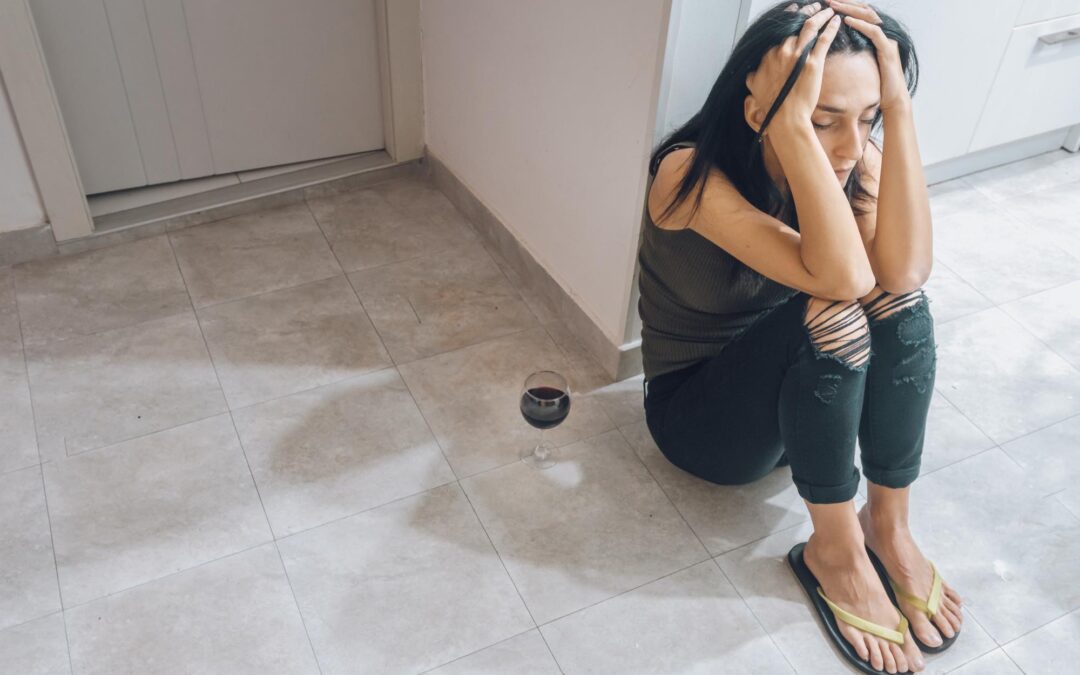Completing a rehab program is a remarkable achievement in your recovery journey, but it’s important to remember that the journey doesn’t end there. What comes after rehab is essential to prevent relapse and sustain sobriety in the long term. This article will explore the significance of aftercare, the different forms it takes, and why it’s an integral part of maintaining a successful recovery.
What is Aftercare?
Aftercare refers to the ongoing support and treatment you receive following an inpatient or outpatient rehab program. It aims to help you transition smoothly from the structured environment of rehab back into your daily life. Aftercare programs offer tools, resources, and a network of support to empower you in navigating real-world challenges and maintaining your sobriety.
Why is Aftercare Important?
Leaving rehab marks the beginning of a new chapter filled with its own unique challenges. Adjusting to everyday life, encountering triggers, and managing stress can be overwhelming. Strong aftercare programs bridge the gap between rehab and independent living in these ways:
- Relapse Prevention: Aftercare provides skill-building tools and strategies to help you identify and cope with high-risk situations and prevent relapse.
- Accountability and Support: Ongoing support groups, therapy sessions, and mentorship programs create a community where you can share experiences, find guidance, and foster accountability.
- Continued Education: Aftercare helps you learn about the disease of addiction, develop a deeper understanding of your triggers, and cultivate healthy coping mechanisms.
- Building a Sober Lifestyle: A solid aftercare plan assists you in finding safe housing, establishing new routines, and developing a social network that aligns with your recovery.
Types of Aftercare Programs
Here are some of the common options for addiction aftercare:
- Outpatient Therapy: Individual or group therapy sessions provide continued counseling and support to address underlying issues and develop coping skills. (Advanced Addiction Center Therapy Programs)
- Sober Living Homes: These structured and supervised residences offer a safe and supportive environment for individuals transitioning back into everyday life.
- 12-Step Programs: Programs like Alcoholics Anonymous (AA) or Narcotics Anonymous (NA) provide fellowship, peer support, and structured guidance based on the 12-step principles. (Alcoholics Anonymous)(Narcotics Anonymous)
- Alumni Programs: Many rehab facilities offer alumni programs to their graduates, providing continued support through meetings, social events, and networking opportunities.
- Online Support Groups: These groups offer convenience and accessibility, providing a safe space for sharing experiences, receiving support, and connecting with others in recovery.
Choosing the Right Aftercare Plan
The most effective aftercare plan is individualized, addressing your specific needs and risk factors. Consider these factors when choosing what’s right for you:
- Level of Support Needed: How much structure and accountability do you require?
- Accessibility and Convenience: Can you easily access in-person services, or do you prefer online options?
- Financial Considerations: Determine what your insurance covers and what options are affordable.
- Personal Preferences: Do you prefer group settings or individual therapy?
- Duration: How long do you plan to participate in an aftercare program?
The Importance of Family and Friends in Aftercare
Your support system plays a vital role during your recovery and beyond. Family and friends who understand your journey can offer encouragement, love, and a safe haven when you need it. Here’s how to involve them in your aftercare process:
- Education: Encourage loved ones to learn about addiction and recovery.
- Open Communication: Foster honest and open dialogues about your needs, boundaries, and challenges.
- Therapy: Consider participating in family therapy to heal relationships and address any unresolved issues.
- Set Boundaries: Establish healthy boundaries to protect your recovery and well-being.
- Celebrate Milestones: Recognize and celebrate your achievements along the way.
Building a Life in Recovery
Aftercare is also about creating a fulfilling and meaningful life beyond addiction. Here are some key aspects to focus on:
- Rebuilding Relationships: Focus on mending strained relationships and fostering healthy connections with people who support your recovery.
- Finding Sober Hobbies: Explore new interests and passions or rediscover old ones that you may have neglected during addiction.
- Giving Back: Volunteering or helping others in recovery can boost self-esteem and create a sense of purpose.
- Managing Stress: Develop healthy stress management techniques like mindfulness, exercise, or hobbies. (How to Deal with Stress)
- Self-Care: Prioritize your physical and mental health through nutritious eating, exercise, and sufficient sleep.
Remember: Recovery is a Lifelong Journey
The path to lasting sobriety requires continuous effort and a commitment to personal growth. While there might be setbacks, it’s important to remember that they are part of the process. With the right aftercare plan, support system, and dedication, you can create a fulfilling and rewarding life in recovery.
Successfully navigating the transition after rehab is as crucial as the treatment itself. What comes after rehab lays the foundation for long-lasting sobriety and well-being. Having a strong aftercare plan will enhance your chances of success, providing you with the necessary tools for building a happy and fulfilling life in recovery.








